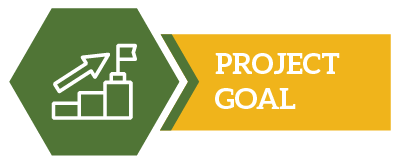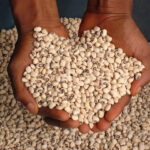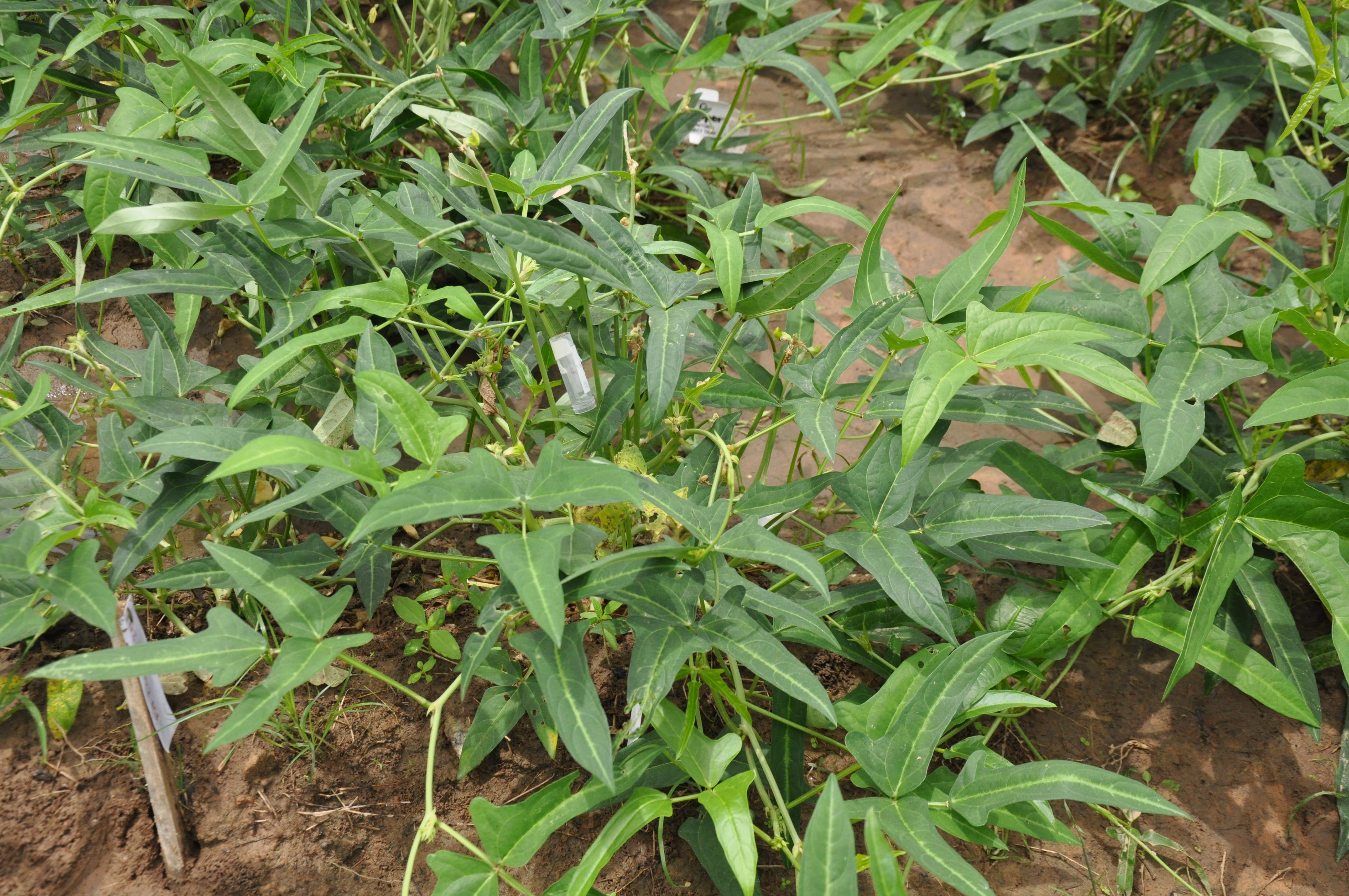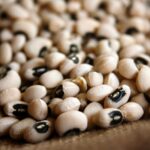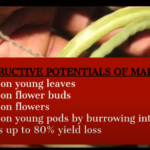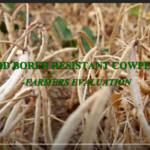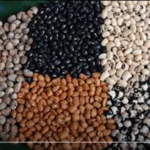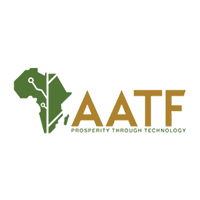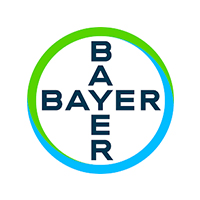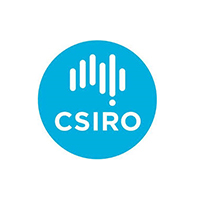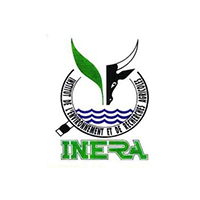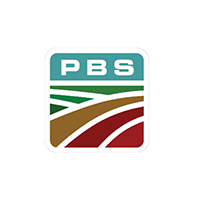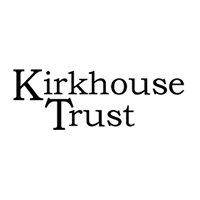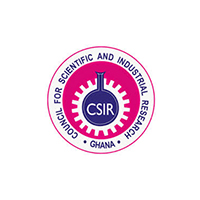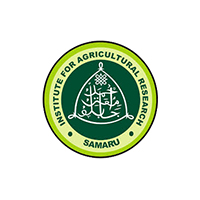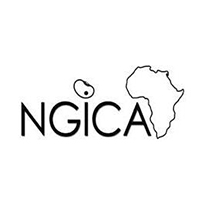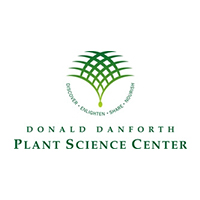POD BORER RESISTANT MARUCA (PBR) COWPEA
Improving cowpea productivity and production in Africa
ABOUT THE PROJECT
Cowpea is one of the most important legume food crops in Sub-Saharan Africa. It constitutes the major protein source for people both in rural and urban centres. Cowpea production is affected by insect pests, especially the legume pod borer, Maruca vitratar, that causes the largest pre-harvest damages, reducing grain yield by up to 80% and lowering the quality of the grain. For the benefit of African farmers, African scientists identified PBR Cowpea (Bt cowpea), with in-built protection against Maruca damage, as a solution for Maruca Damage.
The PBR Cowpea Project is a public-private partnership that is developing and disseminating cowpea with resistance to Maruca pod borer for increased productivity. The project partnership that brings together leading African and international institutions is led by AATF through the support of the United States Agency for International Development (USAID).
The Project is being implemented in Burkina Faso, Ghana, Nigeria and Malawi. Over the last 11 years, it has recorded significant milestones including the first commercial release of the product in Nigeria and the world.
The Cowpea, known as PBR Cowpea, will increase production through control of Maruca pod borer. The benefits will include larger harvests, higher incomes and improved health through the reduced need for harmful treatments.
AATF PROJECTS
TELA Maize
TAAT Maize
TAAT Policy Enabler
Cowpea Project
MLN Project
OUR CONTRIBUTION

Improved nutrition and food security for about 8 million farmers and their families and better health, environment and income for farmers.

“I look forward to cowpea seed varieties that can control the attack by pests. I believe such varieties would reduce my costs of growing cowpea, increase my yields and also the income I get from the sale of the crop. I would want researchers to develop seeds that are high yielding and are resistant to pests and diseases.” – Momodu Ahiaba, cowpea farmer, Kaduna State, Nigeria.
PROJECT BENEFIT
FARMERS
PBR Cowpea will contribute to a more reliable cowpea harvest that will improve the livelihoods of smallholder farmers and help strengthen local communities. Farmers will be able to harvest enough to feed their families and have a surplus which they can sell to increase their incomes.
BUSINESSES
PBR Cowpea will reduce grain yield losses and result in increased cowpea production by at least 20 per cent thereby improving incomes of commercial farmers.
SOCIETY
PBR Cowpea will reduce production costs for farmers and benefit both human and environmental health through the use of less pesticide from the usual 6-8 applications to only two during a season.
PROJECT HIGHLIGHTS
FIELD & IMPACT STORIES
Need more info on this?
Get in touch with us for more information.
Fill out the contact request form & we'll get back to you.
PROJECT PARTNERS
INFORMATION AND RESOURCES
PBR-Cowpea-Project-FAQ
Download Resource file
PBR-COWPEA-Nigeria-FAQ
Download Resource file
PBR Cowpea Logo Use booklet for AATF Website
Download Resource file
PBR Logo Use and Guidelines
Download Resource file
PBR-Cowpea-Project-FAQ
Download Resource file
PBR-COWPEA-Nigeria-FAQ
Download Resource file
PBR Cowpea Logo Use booklet for AATF Website
Download Resource file
PBR Logo Use and Guidelines
Download Resource file
PBR-Cowpea-Project-FAQ
Download Resource file
PBR-COWPEA-Nigeria-FAQ
Download Resource file
PBR Cowpea Logo Use booklet for AATF Website
Download Resource file
PROJECT MANAGEMENT

Dr. Jean Baptiste De La Salle Tignegre
Project Manager
J.Tignegre@aatf-africa.org
PROJECT INVESTORS
The United States Agency for International Development (USAID), one of the original funders of AATF, supports the Nitrogen-Use Efficient, Water-Use Efficient, Salt-Tolerant Rice Project; Pod-Borer Resistant Cowpea Project; and the Water Efficient Maize for Africa project. USAID supports the MLN Diagnostics and Management Project through CIMMYT. USAID also supported the Striga Control in Maize project as part of the US government’s Feed the Future initiative.
CALL US TODAY
254-20 422 3700
NAIROBI, KENYA
Naivasha Rd
EMAIL
aatf@aatf-africa.org

